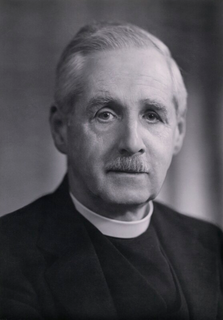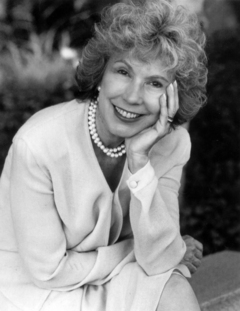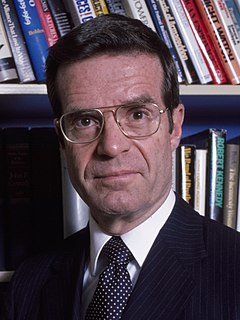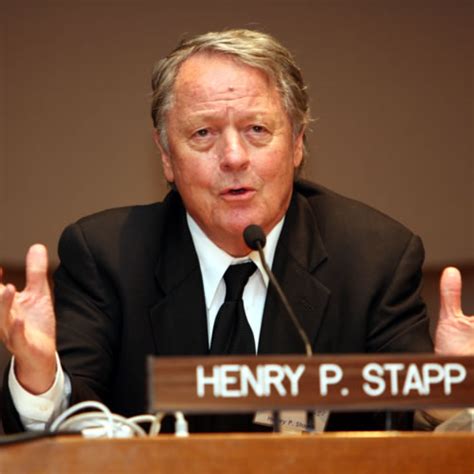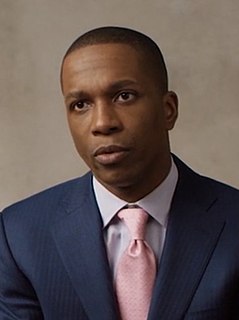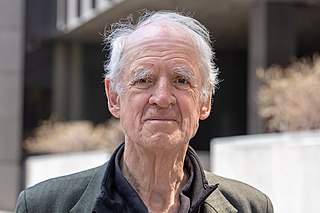A Quote by Erica Jong
In a world where women work three times as hard for half as much, our achievement has been denigrated, both marriage and divorce have turned against us, our motherhood has been used as an obstacle to our success, our passion as a trap, our empathy for others as an excuse to underpay us.
Related Quotes
Empathy occurs when we suspend our single-minded focus of attention and instead adopt a double-minded foucus of attention. When our attention lapses into single focus, empathy has been turned off. When we shift our attention to dual focus empathy has been turned on. Empathy is our ability to identify what someone else is thinking or feeling and to respond to there thought or feelings with an approriate emotion. Empathy makes the other person feel valued, enabling them to feel that their thoughts and feelings have been heard.
Before making peace, war is necessary, and that war must be made with our self. Our worst enemy is our self: our faults, our weaknesses, our limitations. And our mind is such a traitor! What does it? It covers our faults even from our own eyes, and points out to us the reason for all our difficulties: others! So it constantly deludes us, keeping us unaware of the real enemy, and pushes us towards those others to fight them, showing them to us as our enemies.
O Holy Spirit of God, abide with us; inspire all our thoughts; pervade our imaginations; suggest all our decisions; order all our doings. Be with us in our silence and in our speech, in our haste and in our leisure, in company and in solitude, in the freshness of the morning and in the weariness of the evening; and give us grace at all times humbly to rejoice in Thy mysterious companionship.
Mothers are the rocks of our families and a foundation in our communities. In gratitude for their generous love, patient counsel, and lifelong support, let us pay respect to the women who carry out the hard work of motherhood with skill and grace, and let us remember those mothers who, though no longer with us, inspire us still.
From our best qualities come our worst. From our urge to pull together comes our tendency to tear each other apart. From our devotion to a higher good comes our propensity to the foulest atrocities. From our commitment to ideals comes our excuse to hate. Since the beginning of history, we have been blinded by evil's ability to don a selfless disguise. We have failed to see that our finest qualities often lead us to the actions we most abhor, murder, torture, genocide and war.
Our beliefs about ourselves in relation to the world around us are the roots of our values, and our values determine not only our immediate actions, but also, over the course of time, the form of our society. Our beliefs are increasingly determined by science. Hence it is at least conceivable that what science has been telling us for three hundred years about man and his place in nature could be playing by now an important role in our lives.
Friends and neighbors complain that taxes are indeed very heavy, and if those laid on by the government were the only ones we had to pay, we might the more easily discharge them; but we have many others, and much more grievous to some of us. We are taxed twice as much by our idleness, three times as much by our pride, and four times as much by our folly.
We define our identity always in dialogue with, sometimes in struggle against, the things our significant others want to see in us. Even after we outgrow some of these others—our parents, for instance—and they disappear from our lives, the conversation with them continues within us as long as we live.




